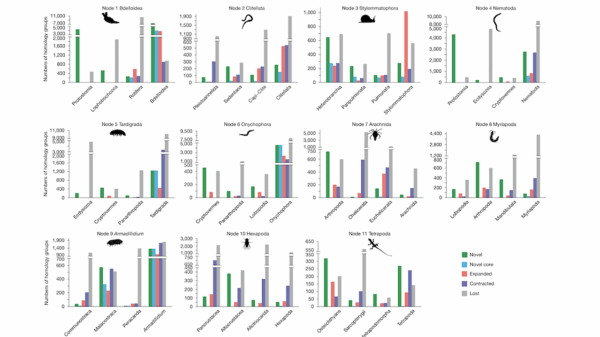BREAKING: A growing wave of self-hosted applications is challenging the traditional subscription model for software, offering users enhanced privacy and control without the hefty monthly fees. As of October 2023, tech enthusiasts are reporting significant savings and improved user experiences by switching to these alternatives.
In a startling shift, users are discovering that they can replace costly subscription services with self-hosted apps that run on personal hardware, such as a spare computer or a Raspberry Pi. This movement is gaining momentum, particularly among those frustrated by rising costs and privacy concerns associated with mainstream platforms.
“Self-hosting gives you back control over your data,” says tech analyst Sarah Johnson. “With tools like Immich and Vaultwarden, users can enjoy premium features without paying a dime.”
One standout, Immich, has been hailed as a game-changer for those who previously relied on Google Photos. Users can now experience seamless photo organizing with advanced machine learning capabilities for tagging and sorting, all managed locally for maximum speed and privacy.
Another noteworthy application is OpenCloud, which has emerged as a preferred alternative to Google Drive. Users report that its lightweight design allows for rapid file access and management, making it ideal for on-the-go file retrieval without the fear of data loss.
For those looking to organize their belongings, HomeBox provides a simple, efficient inventory management system. Users can catalog their possessions, including essential details like serial numbers and purchase dates, ensuring nothing gets lost in the move.
Meanwhile, Docmost is transforming how individuals manage their documentation. With a block-based editor similar to Notion, it offers real-time collaboration and a user-friendly interface, all while ensuring that data remains secure on personal servers.
Lastly, Vaultwarden is revolutionizing password management. After years of relying on paid services like LastPass, users are flocking to this community-driven option that mirrors premium offerings while providing peace of mind.
“Self-hosting doesn’t require massive investment or technical know-how,” emphasizes Johnson. “Start with one app, and you might find yourself canceling subscriptions you once thought essential.”
As this trend accelerates, it’s clear that the landscape of software accessibility is changing dramatically. Users are encouraged to explore these self-hosted options and rethink their reliance on subscriptions.
With more individuals seeking economical and secure alternatives, the momentum behind self-hosting apps is expected to grow. As innovation continues to flourish in this space, the future of software may belong to those who take control of their digital experiences—one app at a time.
Stay tuned for more updates on this developing story as users share their experiences and insights on the transition from subscriptions to self-hosting.




































































